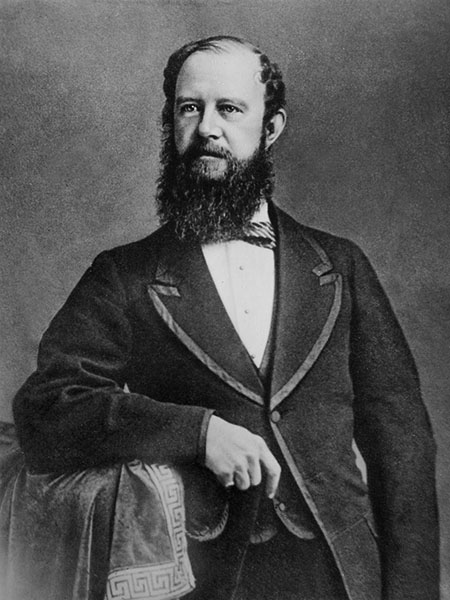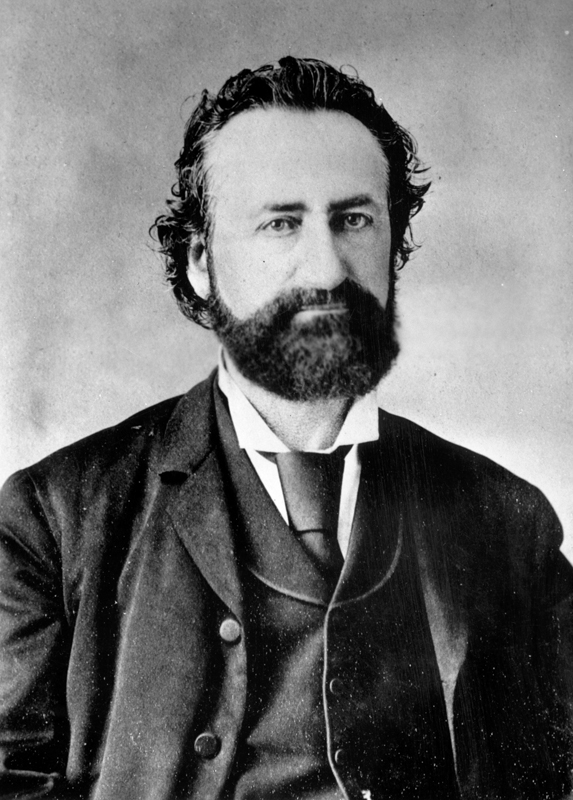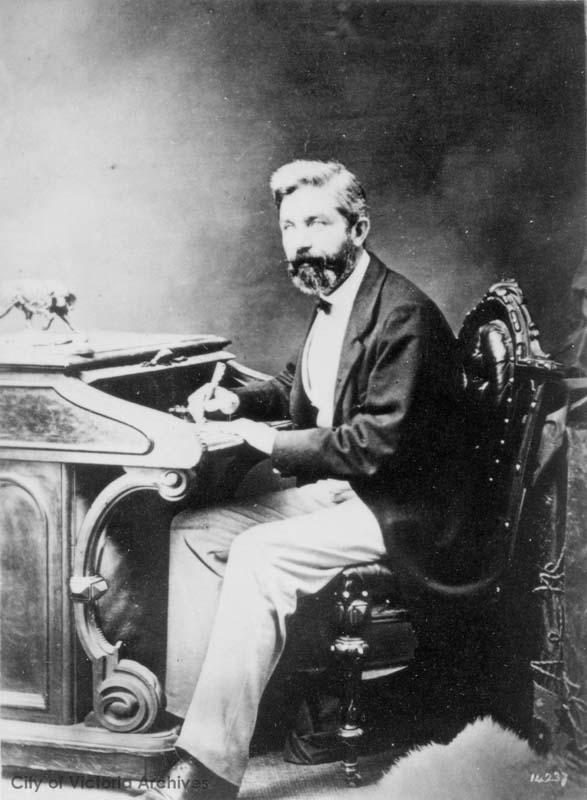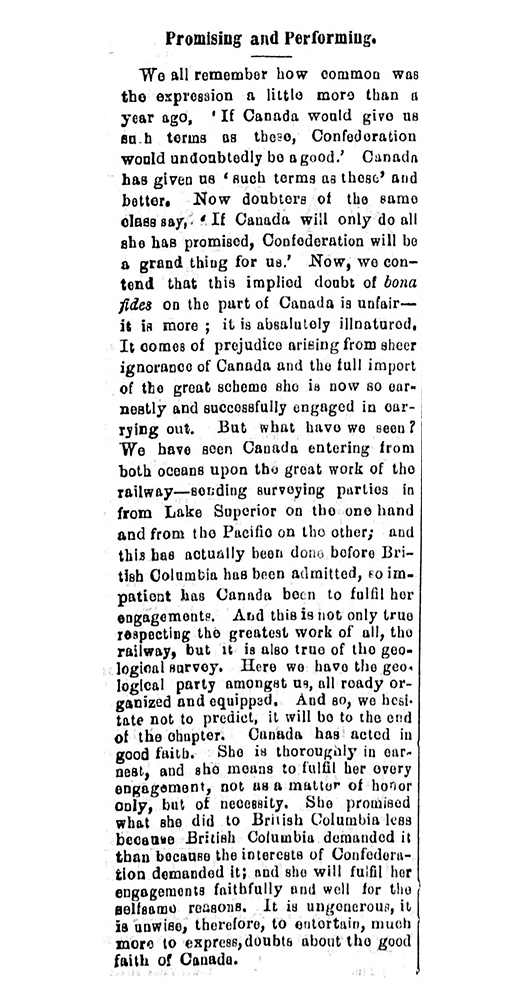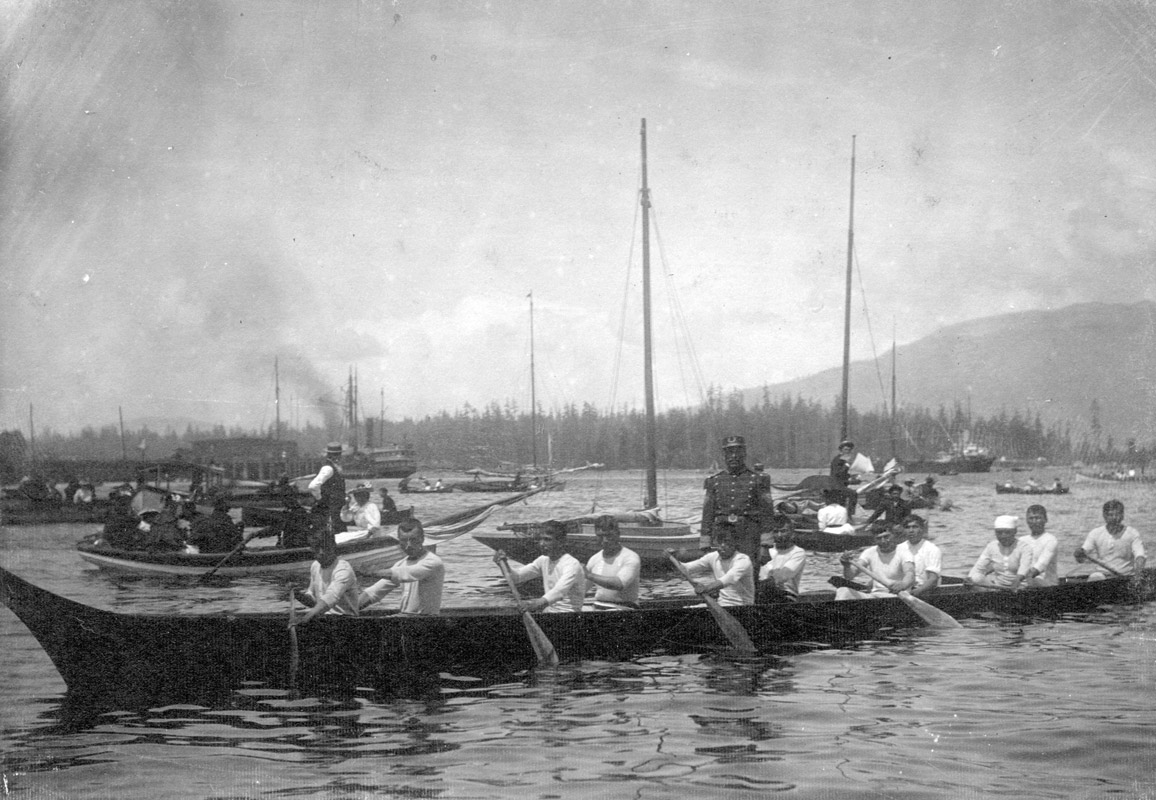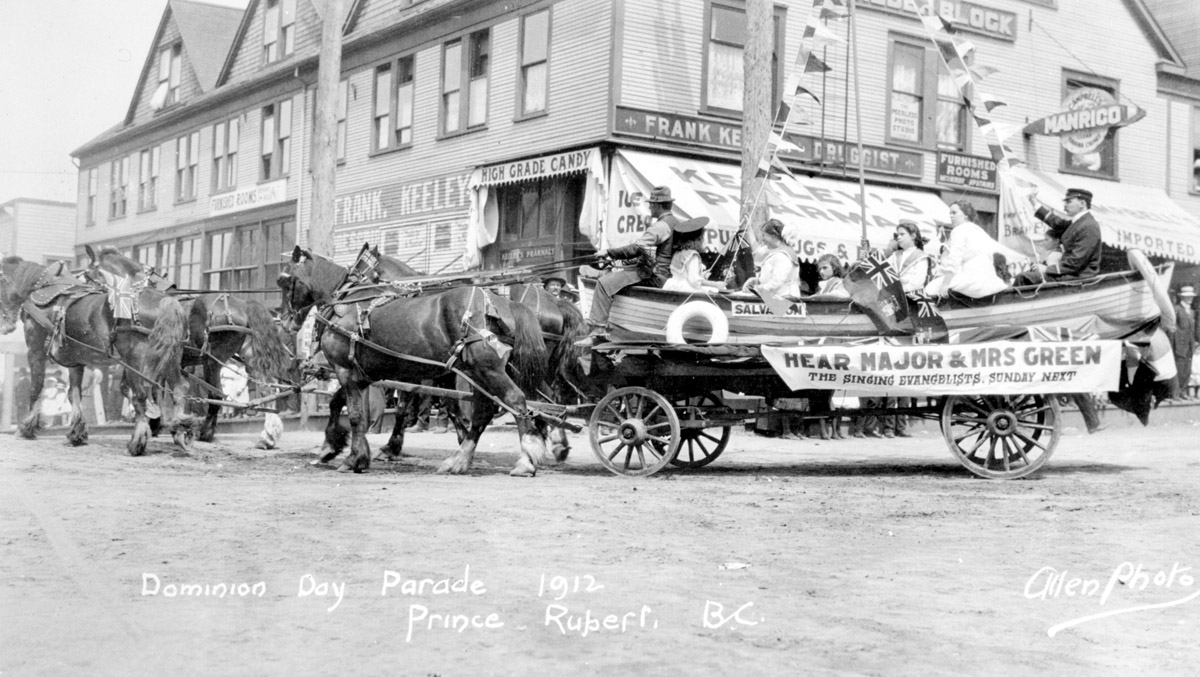After the Canadian Confederation was formed, B.C. Governor Anthony Musgrave, the second and last governor of the united colony, conducted a lengthy campaign for the colony to become part of Canada. The colony was struggling with a stagnant economy, high public debt, and a small population.
In 1869, American Secretary of State William Seward, who secured the sale of Alaska in 1867, visited Victoria proposing an economic alliance between Alaska, B.C., Washington, Oregon, and California.
Legislative debate on this topic was fierce, with former newspaperman Amor de Cosmos leading the pro-Confederation movement. A delegation was sent to Ottawa in 1870 to present British Columbia’s demands to Canada. The demands included a call for responsible provincial government, economic aid, debt concessions, and the construction of a major transportation link. The initial proposal had this transportation link consisting of a wagon road, but eventually, after the delegation had made a 24 day journey from Victoria to Ottawa (by rail out of San Francisco), it became apparent how useful a railway would be in maintaining order and communication across Canada. These terms were accepted.
On July 20, 1871, British Columbia became the sixth province to join Confederation, receiving three seats in the Canadian Senate and six in the House of Commons.
